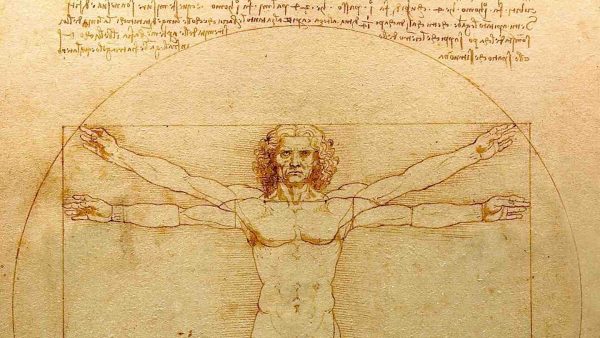
Presented by Martin Samson with Ron Vaisey and Annet van Kesteren
Throughout 2020 a small group has been meeting once a month on a Saturday afternoon at Rudolf Steiner House in Sydney to work with developing spiritual scientific research. Part of Rudolf Steiner’s conception of the Anthroposophical Society was that its members would continue to do spiritual scientific research of their own and contribute to the growing body of Anthroposophical knowledge. Aspects of Anthroposophical branch life can become an active academy of spiritual research. Both research and teaching are part of how the Anthroposophical Society and the School of Spiritual Science can be active in each branch or region.
During (former Vorstand member) Joan Sleigh’s visit in Sydney in 1919 she said we can feel that the Goetheanum is not only a place, but an idea. Every branch of the Anthroposophical Society can be a gesture or manifestation of the Goetheanum or a school where spiritual scientific research is nurtured and encouraged. For Anthroposophical knowledge to grow we can develop spiritual scientific research methods and carry lifelong questions, even beyond the threshold of death. Steiner explained how these questions and our research continue to develop and gain order within our being and the collective knowing of the world once we have died. To do this we need to become aware of our questions, focus them, and embark upon lifelong learning with them.
This research group in the St. John’s Group has undertaken learning classic research methods, refining questions through dialogue and, through a research dialogue group, literature can be created to reflect our spiritual knowledge and experience to the world. Learning how to present research in an academy of peers and then to the world, is considered to be both character building and a path of spiritual development. Beginners with many questions, others with more experience and research skills, have committed to broadening our knowledge through Spiritual Science and Anthroposophy, and working between sessions to refine our research methods, observations, recording of data and learning through dialogue and presenting our findings no matter how preliminary they are.
Through training and professional guidance, our methodology is to develop post-positivist methods of recording subjective insight into rational form, through art and literature. Qualitative research, the recording of experience, has suffered under the positivist need to quantify and largely subjected itself to statistical representation of experience to gain credence. Currently the humanities and arts are developing post-positivist methods where subjective experience can stand on its own grounds as knowledge. Through reading, questioning, recording experiences, engaging with a dialogue community, this research group in Sydney will go on a journey together to respectfully and openly call on everyone’s own level of skill and experience towards developing a robust and open academy of learners and researchers.
Rudolf Steiner has his own place, mostly unrecognised, in the twentieth century schools of phenomenology. He took another path to that of the Transcendental and Hermeneutic Phenomenologists (Luther, Schleiermacher, Dilthey, Husserl, Heidegger, Gadamer and Ricœur) and allowed thinkers such as Goethe, Schiller, Fichte, Hegel, and Schelling to form his own contemplative method of phenomenology. This group has worked with some of these ideas to try to find ways to develop it into a spiritual scientific research method that can stand in its own right amongst both traditional positivist and emerging post-positivist and non-material science methods.
Mirroring the simple process of a year twelve Waldorf (Steiner) School project – research, record, present – we support each other and offer methods of learning/research, recording/writing and presenting verbally one’s finding at any given point of the process. These three steps have different effects in our soul and require a path of learning and development that is very productive and satisfying. We want the process to be full of joy, life and art to represent what we are learning. So far, the individual members have refined their research questions, methods and started developing ways to record their experiences. At our November meeting we presented the ideas, methods and finding to a larger community.
Some of our themes have included:
how to respond to evil within our own lives?
what is an open moment and what can come through it?
how does suffering help in our experiences after death and our approach to liminal experience?
what is the difference between Maya and the Fallen World, and how does it make a difference to how I see the world in each of those worldviews?
How do we work with the festivals in the southern hemisphere in relation to the cosmic imaginations?
what is the corona virus?
It is exciting to be working in this way and we look forward to seeing what we as a community can achieve. Next year we will continue to support the research and offer research intensives where we can support each other in the process. Part of our intention is to develop a publication of the process so that others who are interested can try out a similar process. Maybe, as a future dream, we could also begin a journal that publishes member’s findings. But that is future music.
Photo credit: Vitruvian Man by Leonardo da Vince, photo by Luc Viatour